Noteworthy Developments from July 28 – August 4, 2025
From Maine State Prison to Programming
Remote work has technically been possible for decades but became widespread only after the Covid-19 pandemic. One of the most unexpected stories comes from the U.S. California, where Preston Thorpe, an inmate at Maine State Prison, was hired by a San Francisco-based software startup called Turso.

After taking part in a coding and remote work training program in prison, Thorpe spent six months contributing to Turso’s open-source database. His work caught the attention of CEO Glauber Costa, who offered him a job only later realizing Thorpe was incarcerated.
Far from being discouraged, Costa signed him on.
Additional Detail: Preston Thorpe now also teaches online courses for the University of Maine while serving a sentence for drug trafficking. He’s been imprisoned since 2014 and still has at least 7 years left before he’s eligible for parole.
–
Microplastics in the Air We Breathe
Microplastics, particles measuring 20 to 200 micrometers (around one-seventh the thickness of a human hair), are already known to enter our bodies through food and water, causing inflammation, irritation, and even neurological disorders. But research from the University of Toulouse in France has added a disturbing new dimension: we may be inhaling up to 70,000 microplastic particles daily—just inside our own homes. These particles originate from the wear and tear of plastic-based products around us.
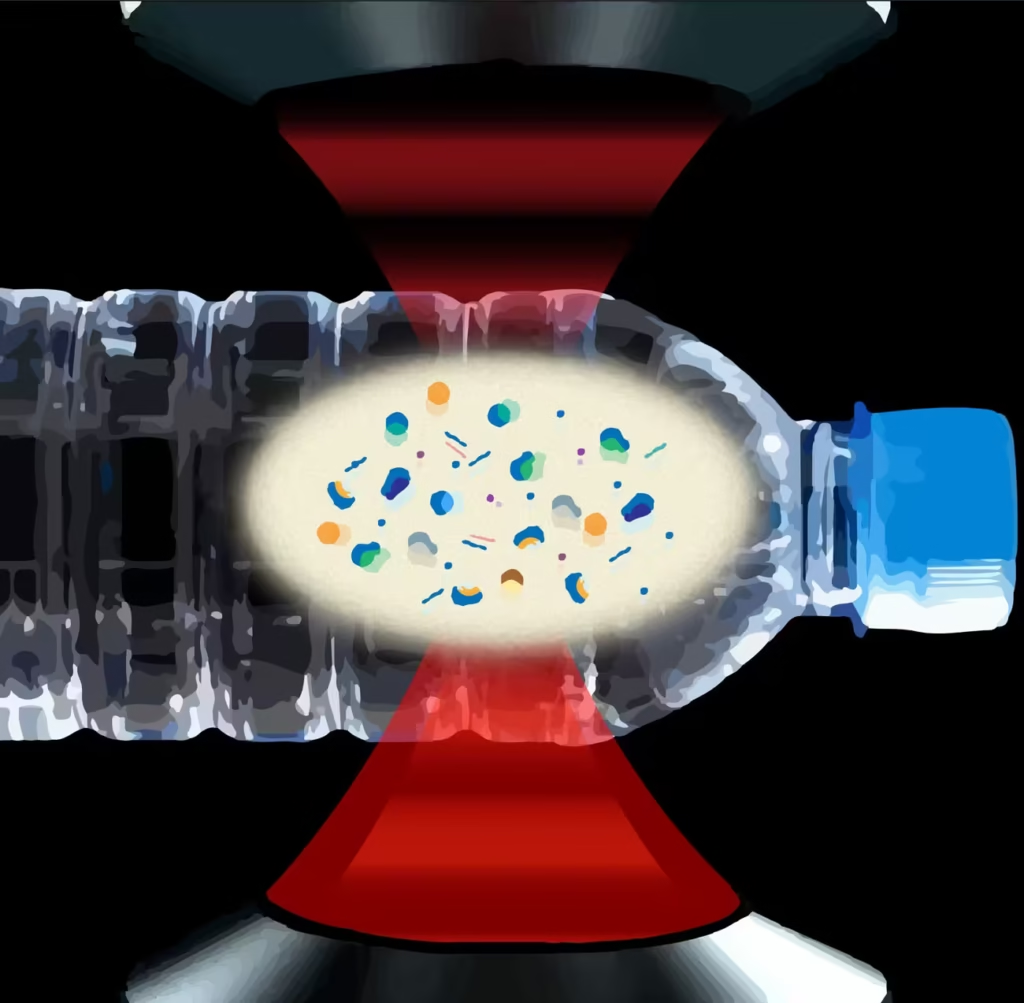
Bonus Fact: A single small bottle of drinking water contains an average of 240,000 plastic particles.
–
AI Hardware Is Still Searching for Its Place
AI-focused gadgets often burst onto the scene with hype, only to disappear just as quickly—Humane Pin and Rabbit R1, for example. The confusion lies in AI’s dual nature as both software and hardware. This week’s new contender: the iKKO Mind One smartphone.

It features its own AI assistant, integrates with both Google Notebook LM and OpenAI’s ChatGPT, and offers free global internet in 60 countries via vSIM. Based on Android 15, it stands out with its unconventional design. (Price: $369)
–
Another fascinating tool: Flowtica Scribe, a smart pen that can record audio, convert handwriting to text, summarize content, and create task lists. Particularly impressive is its ability to isolate voice recordings—saving hours of transcription time. (Price: $89)
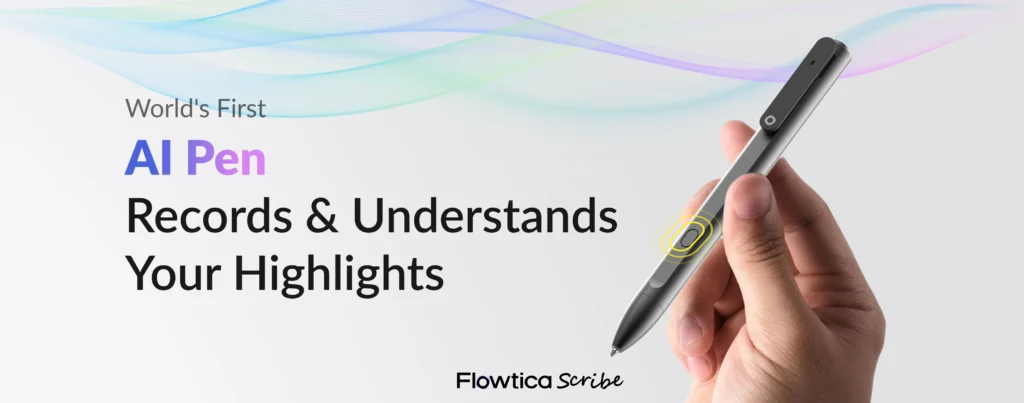
–
Meta reported developing a new smartwatch this time with a camera. After some success with AI-enabled smart glasses, Mark Zuckerberg seems eager to expand wearable AI to the wrist.
–
Brilliant Labs has released a new pair called Halo. Open-source and equipped with a personal AI assistant, these glasses can see, hear, and speak. They’re even compatible with prescription lenses. (Price: $300 + monthly subscription)
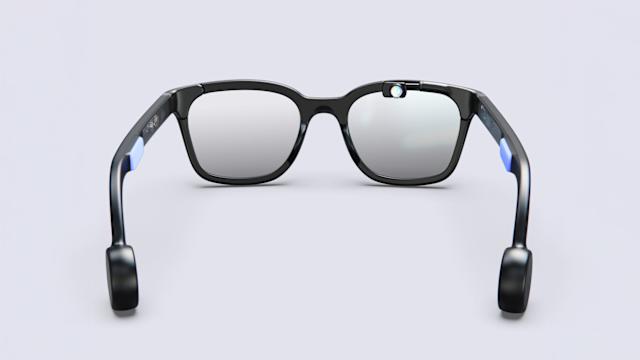
–
North Korea continues to exploit the internet to circumvent international sanctions. A recent FBI operation revealed just how far they’ve gone: in Arizona, a 50-year-old American woman, Christina Chapman, was found operating a house with over 90 internet-connected computers.
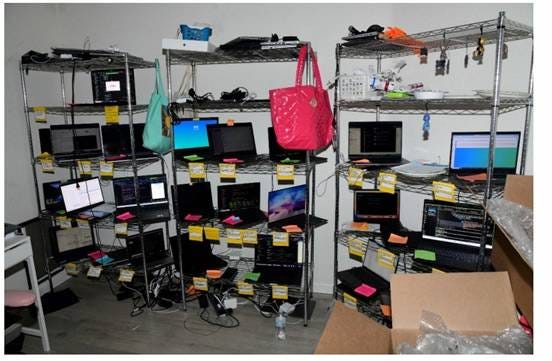
North Korean hackers used stolen American identities to apply for remote jobs at U.S. companies from this address—then converted their salaries to crypto and funneled the funds back to North Korea. The court sentenced Chapman to 8.5 years in prison and ordered her to return $17 million in earnings.
–
Starlink Under Scrutiny
U.S. Senator Maggie Hassan has raised alarms about Southeast Asian hackers using Elon Musk’s Starlink satellite internet to target American citizens. While the proposed restriction seems logical, it opens up difficult questions about national control over commercial internet infrastructure.
–
Tech Tensions Between the U.S. and China
In a surprise move, former U.S. President Donald Trump lifted technology sanctions on China. Nvidia, a major AI chip supplier, was the biggest beneficiary. But China has responded with suspicion, suggesting Nvidia’s H20 chips might have backdoor access—a claim the company firmly denies.
Meanwhile, Reddit is aiming to evolve into a fully functional search engine, and its users seem more than ready for it.
–
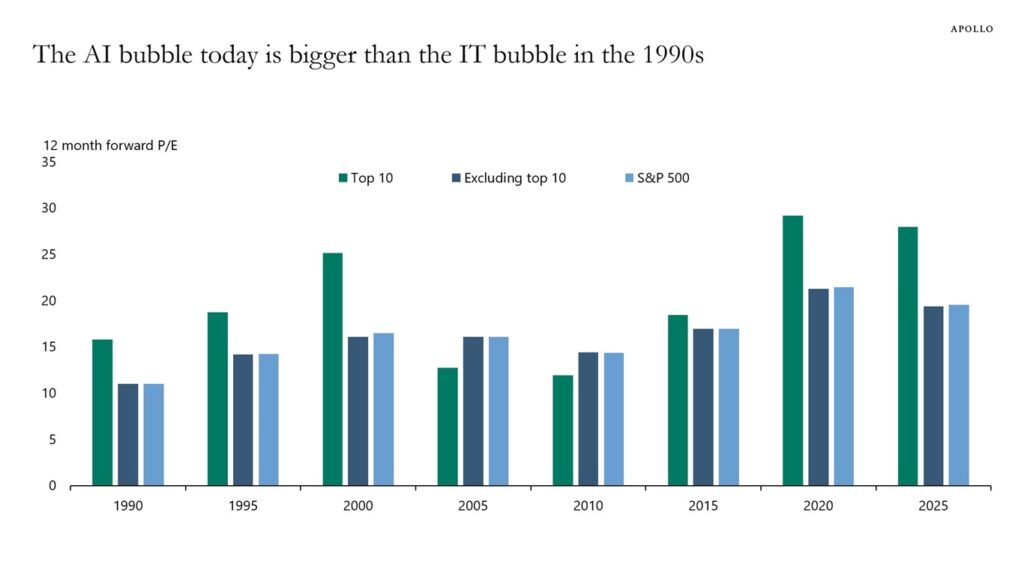
The AI industry relies heavily on four things: capital, engineers, chips, and energy. Here are the week’s key developments in each:
- Bubble Concerns: Apollo’s Chief Economist Torsten Slok argues that AI stock valuations are even more inflated than during the 1999 dot-com bubble. Fortune magazine backs this up with data—and a surprising mention of “bots” as silent market influencers.
- Talent Bidding Wars: Some AI engineers are now being offered up to $250 million in salary over four years. Behind billion-dollar valuations, many top startups still rely on tiny core teams—OpenAI, for example, owes much of its breakthroughs to just two engineers: Mark Chen and Jakub Pachocki.
- ChatGPT’s New Powers: OpenAI’s ChatGPT, now equipped with agent capabilities, can bypass CAPTCHA tests—those human verification tools meant to block bots. Ironically, it explains its actions while doing so. (I’ll admit—I sometimes fail those CAPTCHAs myself.)
- Job Impact Studies: Microsoft’s latest report finds that jobs relying heavily on thinking and reasoning are most at risk from AI, while those involving manual or physical work are more secure. Interestingly, the profession most vulnerable to generative AI? Translation.
–

Japan Develops Satellite Alternatives for Internet Access
Japan is developing high-altitude aircraft that could serve as an alternative to satellites for distributing internet connectivity. Operating in the stratosphere, around 20 kilometers above Earth, these vehicles will be capable of delivering 4G and 5G coverage to wide areas. This innovation could be especially valuable in disaster zones or remote regions where traditional infrastructure is lacking.
Meanwhile, Space Is Getting Crowded and Militarized
The U.S. Space Command is working on “satellite-to-satellite warfare” technologies. These so-called “combat satellites” can approach others in orbit, inspect them, interfere with their systems, or neutralize them if needed. Unfortunately, even outer space isn’t immune to conflict.
–

A 30-Year-Old Baby Is Born
In a remarkable medical milestone, a woman named Linda Archerd donated an embryo she had frozen in 1994. Thirty years later, that embryo was successfully implanted and brought to term by Lindsey and Tim Pierce, resulting in the birth of Thaddeus Daniel Pierce—the world’s oldest frozen embryo to result in a live birth.
Neuralink’s Next Step: The Bionic Eye
Following its highly publicized brain chip, Neuralink is now working on a new frontier: developing a bionic eye to restore or enhance human vision.
100% Effective HIV Treatment Receives Approval
Biotech company Gilead Sciences has announced the regulatory approval of Yeztugo, a new medication reported to be 100% effective against the HIV virus. All clinical trials have been successfully completed, raising hopes for a breakthrough in the fight against AIDS.
Let’s meet again next week. Stay Safe!
Best,
